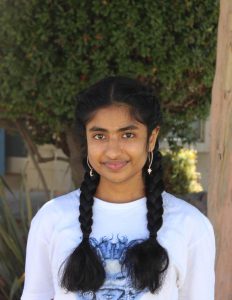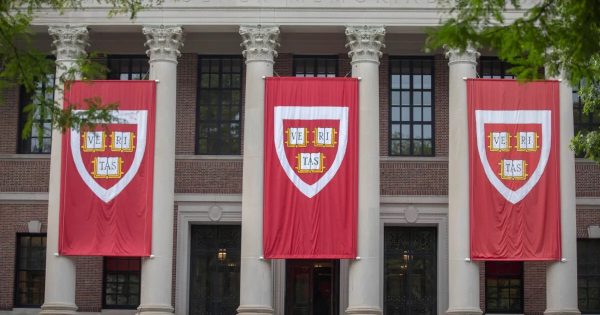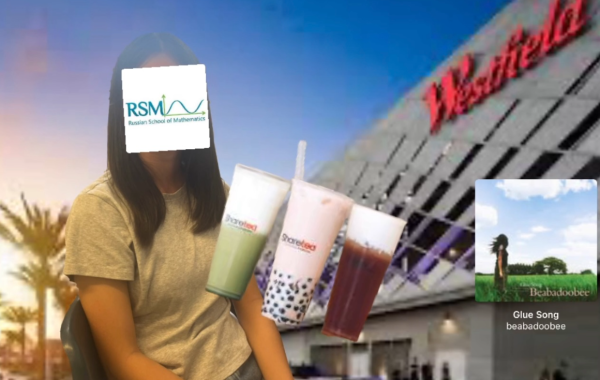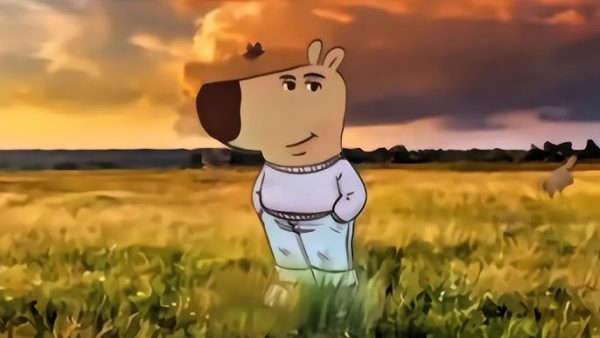Immigrant Teachers: Mr. Kumar
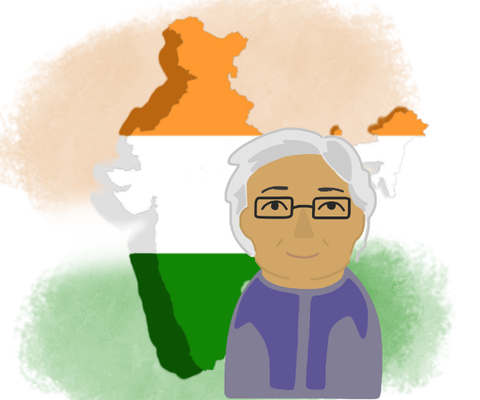
I was born in India. I grew up in South India in a place that used to be called Madras- now Chennai.
Growing up, the smells were really strong. We used to have spice mills along the area. That smell of spice used to come down to my house, in the sea breeze— and that’s something I really remember because the sense of smell is rather strong.
You could get raw coffee, or green coffee, easily. You would then go to a roaster nearby, and he would roast it for you and the smell of coffee would be pervasive down the street. Next to him was a flour mill; you could take the grains of wheat or rice, and if you wanted rice flour or, or wheat flour, the person there would grind it for you. Or, you could buy the turmeric root, and they would grind it into turmeric powder for you and those smells are very powerful, which I miss.
I came to the United States in 1981 with a student visa. I wanted to pursue a career in physics. I had a bachelor’s degree in mechanical engineering, but I really wanted to do physics and I knew the universities here were very good – so I applied, not believing that I would get in because my undergraduate degree was in mechanical engineering. But, I did get in and finished my doctorate in physics.
I later got hired as a research scientist and was a computational biologist. My doctoral thesis had to do with protein DNA interactions so I was analyzing them from a computational point of view, for things like drug discovery. In a university environment, people’s skin colour didn’t really come up as an issue—we were a pretty eclectic mix.
I was a scientist for a long time and later I decided to quit that job. I’ve always wanted to teach—my wife’s been a teacher for a long time. So I thought, why not? It’s probably my 15th year teaching, though I don’t teach full time. I only teach in the mornings for three periods. But I do hope maybe to inspire a student or two into taking mathematics, physics, or something in those types of fields.
For the most part, I knew what to expect when I came to the United States. Perhaps the one thing that surprised me was that there was not much vegetarian food—although I did know that non-vegetarian food was prevalent. When I came here, that was an initial problem for me. I got invited to dinners and the main dish was generally non-vegetarian. While people were digging into the steaks, I was eating their potatoes and peas. But I mean, things are so different now.
One place I may want to go to is Africa; I have never been there. I would love to see the wild animals that I hear about. I would like to go back to India and stay there for some time because I have not seen as much of the country as I would like. I think going back to India after living here could be a culture shock for me. I don’t go back too often. I’ve gone to India maybe once in five to ten years now. When I do go there these days, it’s only for a week, if at all. I find it to be extremely crowded, and I cannot do things that I really want to do. But, if I ever go back for long, I will probably rent a house somewhere and explore places away from the city.
Growing up, there was an occasional elephant that used to walk down the street and the temples around there would sometimes have elephants,but it was an unusual event; India is not a country where tigers roam the streets and cobras slither around. I mean, they may sometimes but not in the city. It’s the same as how I see quite a few snakes here when I’m hiking and that doesn’t mean that the Bay Area is full of snakes (though it does have a lot of rattlesnakes).
It’s important that we all learn more about the places we come from. We have a lot to learn from each other. I want people to be cognizant of other cultures and customs, and learn about where immigrants, and all of us are from. It’s getting good here as the years go by. I went to this Indian store near my house, and there were lots of different kinds of people. It was really nice to see people from around the world shopping along the masala aisle. It’s interesting to see those things and we need to preserve this dynamic- not even in India can you see such a melting pot.
We are a nation of immigrants here and we cannot forget our bloody past. We took the land from the native people here, we enslaved the African Americans. We owe all of them a lot and that can never be exaggerated. If we forget that, I think this country will slip and slide backwards as I’m afraid it’s happening right now, so we should put the brakes on and really come to terms with our history. This is the same thing in India too, where there were certain anti-religion laws and caste systems, all pretty bad. It’s important we be kind and considerate moving forward.
For me, immigration was a bit different than what you see today. When I came here, it was very easy for me – I had a PhD and many papers. Before, all this was essentially handled in such a way that only Europeans were allowed to immigrate here. You had people against any other race immigrating for a very long time. That did change in the 1960s for the better—you can see it in the economic development of this country.
I think immigration should continue in some form or another. After all, we are a country of immigrants and the country gets enriched because of variety. We have enough wealth in the country; we can share it with others. Think about this way, if you have wealth disparity amongst nations, it’s not going to make for a stable Earth. We all live on this planet, we have to come to that realization. Look at the number of wars that are going on-it’s incredible. At some point, if we don’t share it now, we’ll be forced to share it later on. Look at the pandemic. We are all on this planet. If something happens in one corner of the world, it affects everyone. We have to realize that you do have to realize that, and that’s a fact.
